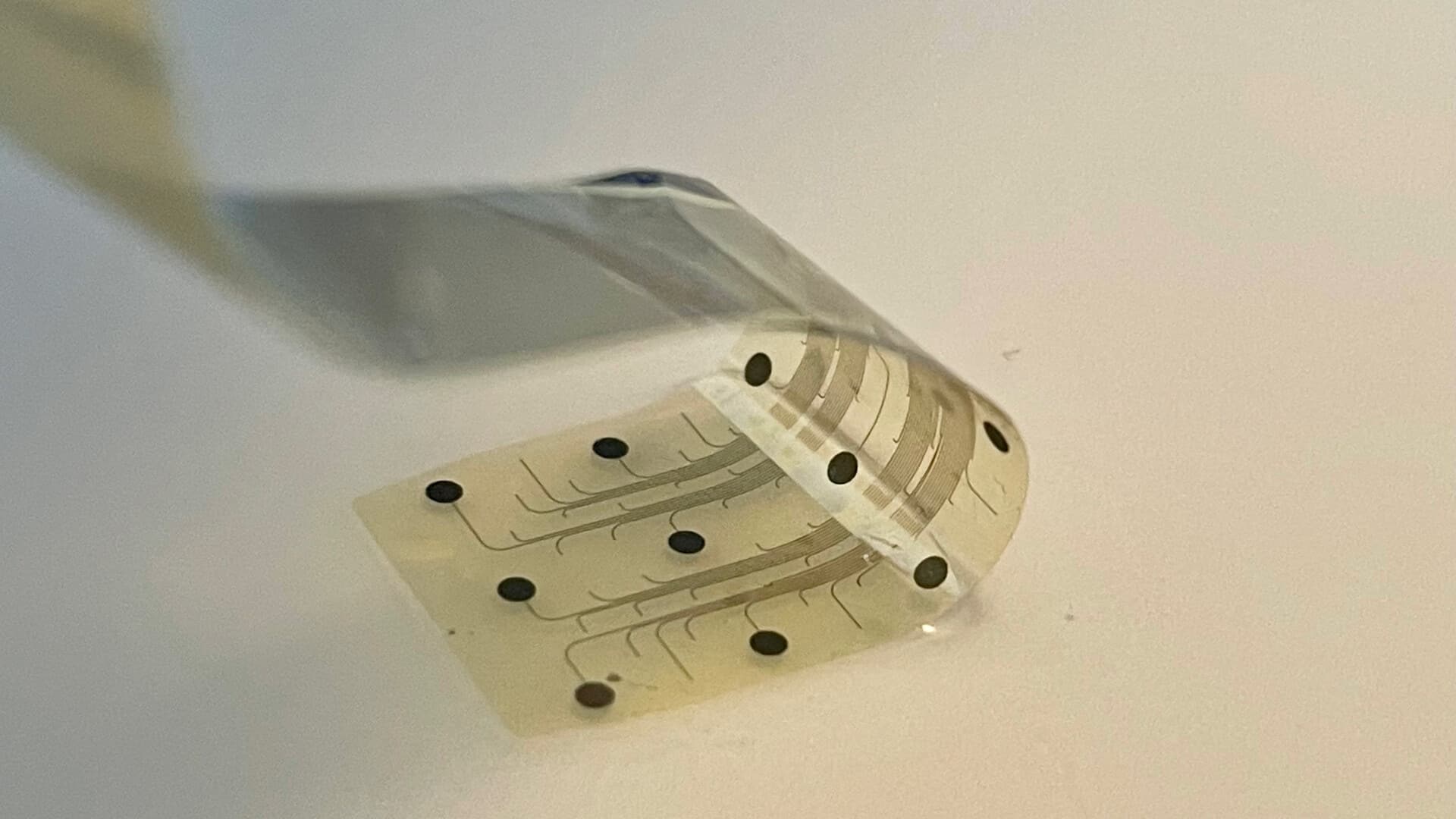
Innovative graphene-based brain chip offers hope for Parkinson's treatment
What's the story
Inbrain Neuroelectronics, a start-up based in Barcelona, has engineered a brain implant that can both interpret signals and stimulate brain impulses. Its human trials will begin in the UK soon. The company's brain-computer interface (BCI) employs graphene, a material that is only one atom thick yet stronger than steel, to establish a high-resolution connection with the brain. This innovative technology could provide significant benefits to patients suffering from Parkinson's disease, as per the company's statement.
Functionality
A bridge between brain and external devices
The BCI technology developed by Inbrain Neuroelectronics serves as a conduit between the brain and external devices such as computers. It records and deciphers brain signals, paving the way for advancements in medical diagnostics, communication for individuals with speech impairments, and control of external equipment like robotic limbs. With approximately 30% of the global population affected by neural disorders, Inbrain's pioneering BCI tool aims to provide therapeutic benefits to these patients.
Advantage
Graphene overcomes traditional BCI limitations
Inbrain's CEO, Carolina Aguilar, pointed out a problem with traditional BCIs made of metal. These metals undergo "Faraday reactions" which distort the electrical signals and complicate the transmission of information back to the brain. Inbrain's new graphene technology circumvents this issue. The chip is fabricated on a wafer using standard semiconductor techniques and is kept ultra-thin at 10 micrometers, embedded with tiny graphene features that enable high-resolution brain signal reading and stimulation.
Human trial
First human test to take place in Manchester
The first human trial will be conducted at the University of Manchester during brain tumor surgery. The chip will assist surgeons in identifying cancerous tissue, enabling them to excise the tumor while preserving healthy brain areas crucial for speech and cognition. "The chip is positioned during the tumor resection so that it can read, at a very high resolution, the signals that tell the surgeon where there is a tumor and where there is not a tumor," Aguilar explained.
Parkinson's application
Graphene chip's potential in Parkinson's treatment
Inbrain's chip could be used to treat Parkinson's disease in the future. The chip will be upgraded to function in the part of the brain that controls movement, known as the nigrostriatal pathway. It will interpret brain signals for steps like raising an arm and detect signs of Parkinson's, such as stiffness, shaking, and problems with walking. By identifying these indicators, clinicians can fine-tune treatment strategies and optimize their efficacy for each patient.